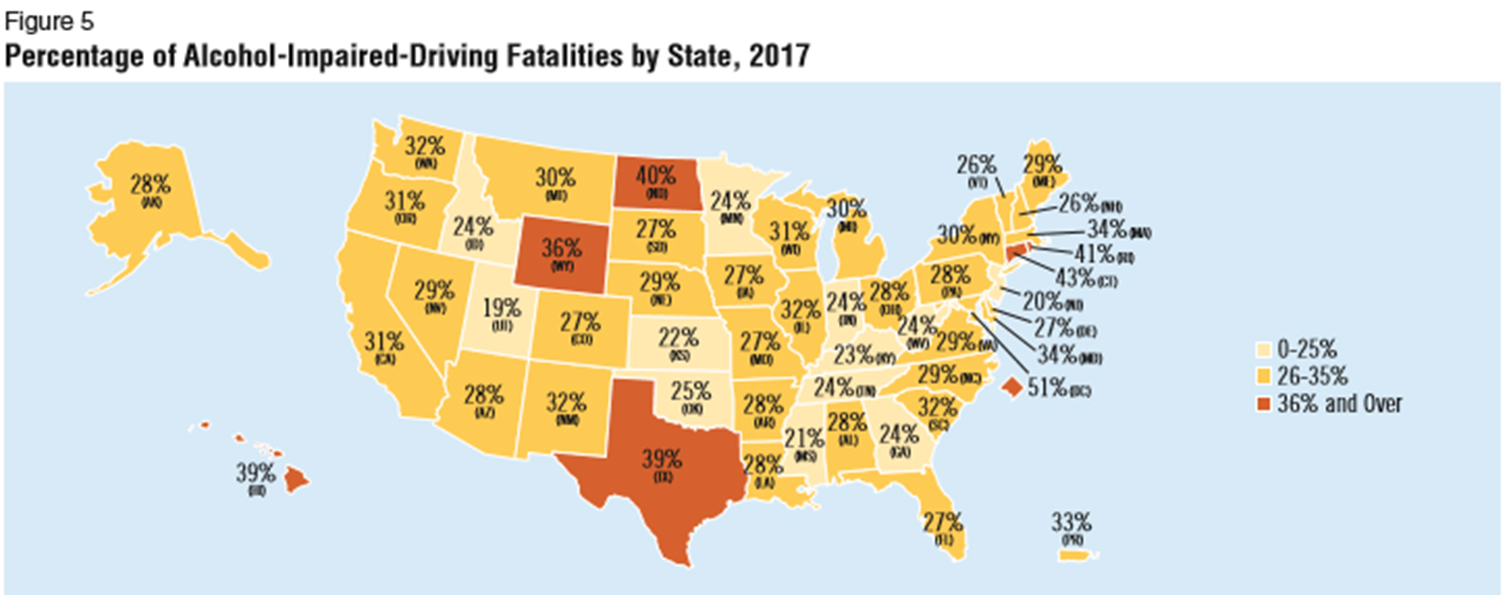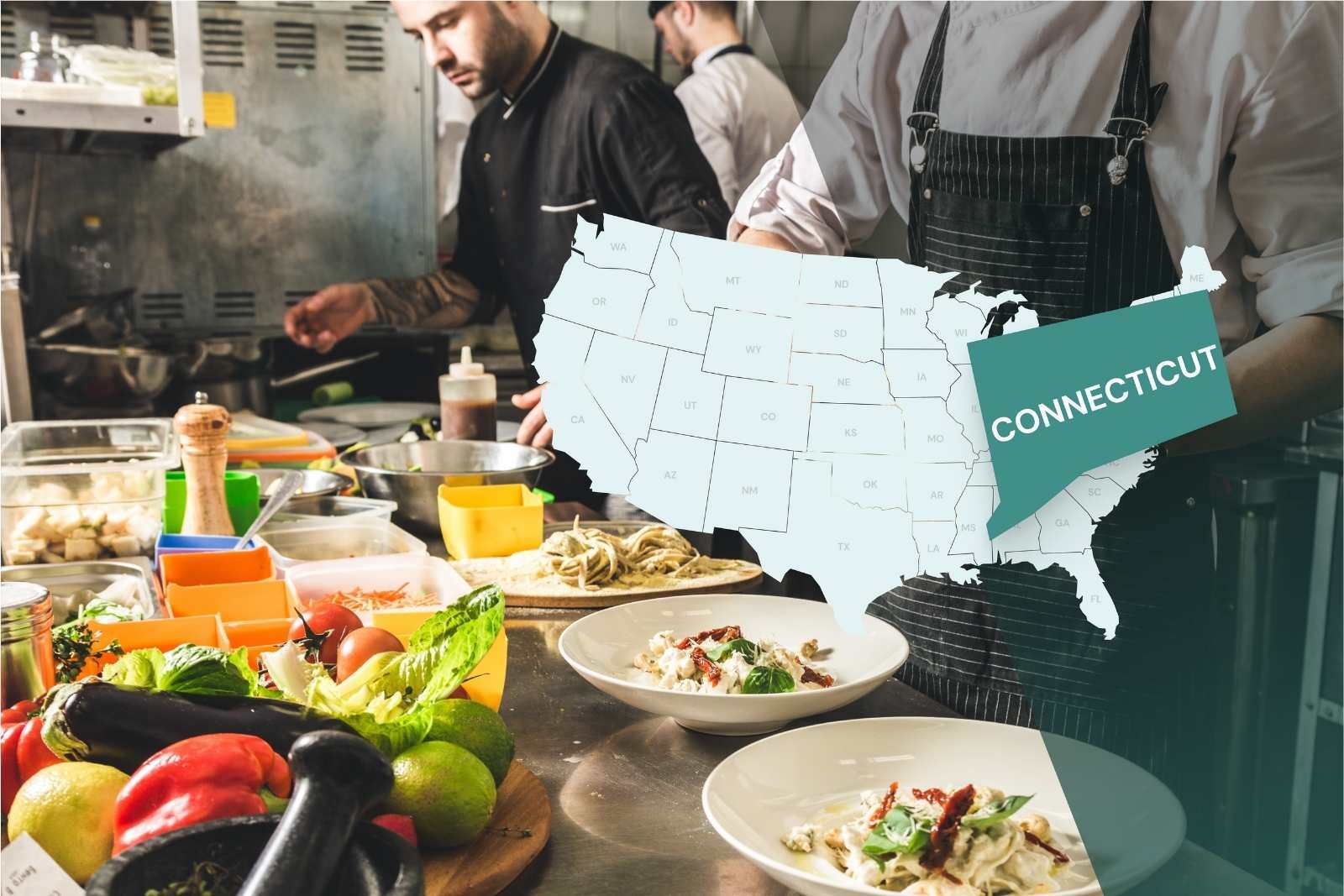Boost Your Work Opportunities: Why a Food Trainer Certificate Is a Must-Have in the Culinary Industry
In today's competitive culinary landscape, the significance of a food trainer certificate can not be overstated. As dining establishments and food service establishments increasingly prioritize qualified team, experts outfitted with this accreditation stand to gain a substantial benefit.
Importance of Food Safety
In the cooking market, the relevance of food security can not be overemphasized. Making sure the safety and security of food is vital for protecting public wellness and keeping customer count on. Polluted food can bring about major health and wellness issues, including foodborne illnesses, which can impact individuals and result in considerable obligation for food facilities. As a result, carrying out extensive food safety and security techniques is important for any kind of cooking operation.
Food safety and security incorporates a series of treatments, including correct food handling, storage, food preparation, and offering techniques. Adhering to these methods not just decreases the risk of contamination yet likewise assists in complying with regional health guidelines. Correct training in food safety makes it possible for culinary experts to recognize possible hazards and apply precautionary actions efficiently.
In addition, a strong dedication to food security can improve the reputation of a cooking establishment, cultivating consumer commitment and company growth. Consumers are significantly aware of food safety problems, making it essential for food handlers to demonstrate their adherence to ideal techniques. Inevitably, focusing on food safety and security is not simply a regulative demand; it is a basic aspect of providing top quality food solution and shielding the wellness of consumers.

Certification Needs
Food safety methods are only as efficient as the people executing them, making accreditation an important step for food trainers in the culinary market. To get a Food Trainer Certification, prospects must normally finish a training program that covers essential subjects such as foodborne ailments, cleanliness, personal hygiene, and safe food managing methods.
A lot of accreditation programs are designed to accommodate numerous learning styles, supplying choices for online, in-person, or hybrid styles. Individuals need to pass an examination to demonstrate their understanding of the product, with a minimal passing score often established at 70%.
The duration of training can vary, with some programs requiring only a few hours, while others might expand over numerous days. After efficiently completing the program and test, prospects get their accreditation, which is typically valid for three to 5 years, depending on neighborhood regulations.
Revival frequently entails retaking the training course or completing a refresher program to make sure that food trainers stay updated on the newest techniques and standards. Compliance with these accreditation needs not just enhances specific knowledge yet additionally contributes to the total safety and quality of food service procedures.
Job Market Need
How has the work market for food handlers advanced recently? The demand for food handlers has actually substantially raised, greatly driven by the expanding awareness of food safety and health amongst customers and governing bodies. With the surge of foodborne health problems, restaurants, catering services, and food production firms are prioritizing the hiring of certified food trainers to make certain conformity with health laws. This change has actually caused a heightened focus on food safety and security training and accreditation as requirements for work in the culinary industry.
Additionally, the increasing published here restaurant market, especially with the appearance of food distribution solutions and food vehicles, has produced an abundance of task chances for food trainers. The need for skilled workers who can safely prepare and deal with food has actually become extremely important. servsafe food handler certificate. Furthermore, as cooking services adopt a lot more rigorous security protocols, the worth of a food trainer certification has climbed, making it a crucial asset for task seekers
Therefore, individuals getting in the cooking workforce are discovering that obtaining a food handler certification not just boosts their employability however also places them positively in an affordable task market that increasingly prioritizes food safety and health requirements.
Benefits of Certification
Obtaining a food trainer certificate supplies countless advantages that significantly enhance an expert's standing in the cooking industry. First and primary, it shows a commitment to food safety and official site security and health, which is extremely important in preventing foodborne illnesses. This qualification furnishes individuals with necessary knowledge regarding secure food handling techniques, consisting of proper storage space, cooking temperature levels, and cleanliness procedures
Additionally, possessing a food trainer certification can enhance an individual's employability. Lots of companies prioritize prospects with this certification, seeing it as a sign of professionalism and trust and proficiency. This can result in better task possibilities and potentially greater incomes, as licensed individuals are often entrusted with higher responsibilities.
Additionally, the qualification promotes a society of security and responsibility within the office. It not only enhances a worker's self-confidence in their skills however additionally advertises a safer atmosphere for clients and colleagues alike. Lastly, keeping a food handler certificate can open up doors to more academic and profession advancement chances within the cooking field. On the whole, this accreditation is a calculated financial investment that profits both specialists and the facilities they offer, inevitably adding to a thriving culinary sector.
Steps to Get Licensed
Obtaining a food trainer certification dig this involves a straightforward procedure that can set people on a path to boosted occupation leads in the culinary industry. The initial step is to locate an accredited program or training company that offers food safety and security programs. Several organizations provide both in-person and on-line choices, enabling flexibility in understanding.

After efficiently passing the exam, people will certainly receive their food handler certification, which is usually valid for a details duration, typically three to five years. To keep qualification, it might be required to complete refresher courses or retake the examination before the expiration day.
Lastly, it is essential to verify any neighborhood or state-specific laws relating to food handler certification, as demands can vary. By adhering to these steps, people can acquire their certification and considerably boost their employability in the affordable culinary landscape.

Conclusion
To conclude, acquiring a food handler certification is crucial in the cooking industry, as it makes certain adherence to food safety standards and boosts employability. With the expanding demand for qualified personnel, this credential not only opens doors to task possibilities but also adds to job innovation and enhanced earning capacity. Eventually, a food trainer certification signifies a dedication to safety and security and professionalism, promoting a society of liability that profits both staff members and employers in the food solution field.